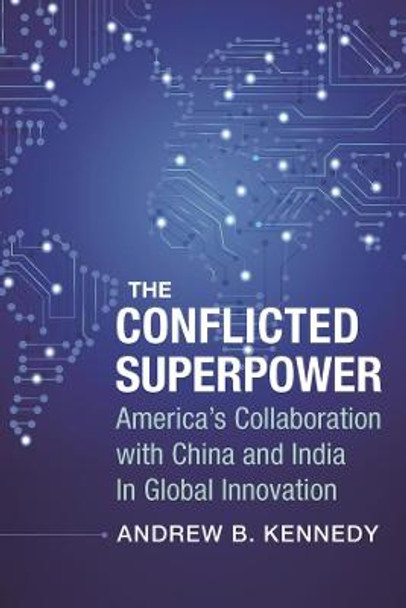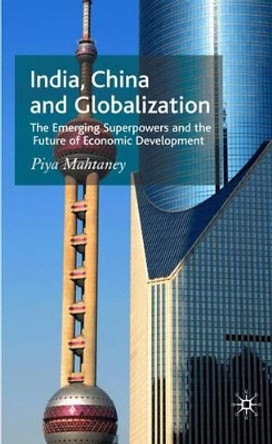Description
Whereas China and India have embraced global innovation, policy in the United States is conflicted. Kennedy explains why, through in-depth case studies of U.S. policies toward skilled immigration, foreign students, and offshoring. These make clear that U.S. policy is more erratic than strategic, the outcome of domestic battles between competing interests. Pressing for openness is the "high-tech community"-the technology firms and research universities that embody U.S. technological leadership. Yet these pro-globalization forces can face resistance from a range of other interests, including labor and anti-immigration groups, and the nature of this resistance powerfully shapes just how open national policy is. Kennedy concludes by asking whether U.S. policies are accelerating or slowing American decline, and considering the prospects for U.S. policy making in years to come.
About the Author
Andrew B. Kennedy is senior lecturer in the Crawford School of Public Policy at the Australian National University.
Reviews
This is a subject that has only now begun to elicit serious scrutiny, and Kennedy's book will be among the first to investigate this issue seriously. Kennedy's explanations are well thought out and eminently defensible. Superb. -- Ashley J. Tellis, Senior Fellow, Carnegie Endowment for International Peace
Kennedy has provided a historically and theoretically rich explanation of why the United States has for so long embraced openness as essential to technological innovation. The Conflicted Superpower will be essential reading for policy makers and analysts who want to understand the United States' complex science and technology relationship with India and China. -- Adam Segal, Council on Foreign Relations
In this groundbreaking book, Andrew Kennedy addresses the puzzle of why the United States has continued to collaborate with China and India on technological innovation despite economic and strategic rivalries. Through impeccably researched case studies, Kennedy shows how U.S. high-tech firms and research universities have been the drivers of open U.S. policies, and how their interests have often triumphed on issues such as immigration of skilled labor and offshoring of R&D. -- John Ravenhill, director, Balsillie School of International Affairs
A must-read for policymakers but one that's not too wonkish for lay readers. * Kirkus Reviews *
Kennedy's book provides important insights that help us better understand the possible outcomes of this epochal rivalry. It is essential reading for all interested in the dynamics of global innovation. * Political Science Quarterly *
Awards
Commended for Kirkus Reviews, Best Books 2018.
Book Information
ISBN 9780231185547
Author Andrew Kennedy
Format Hardback
Page Count 280
Imprint Columbia University Press
Publisher Columbia University Press







